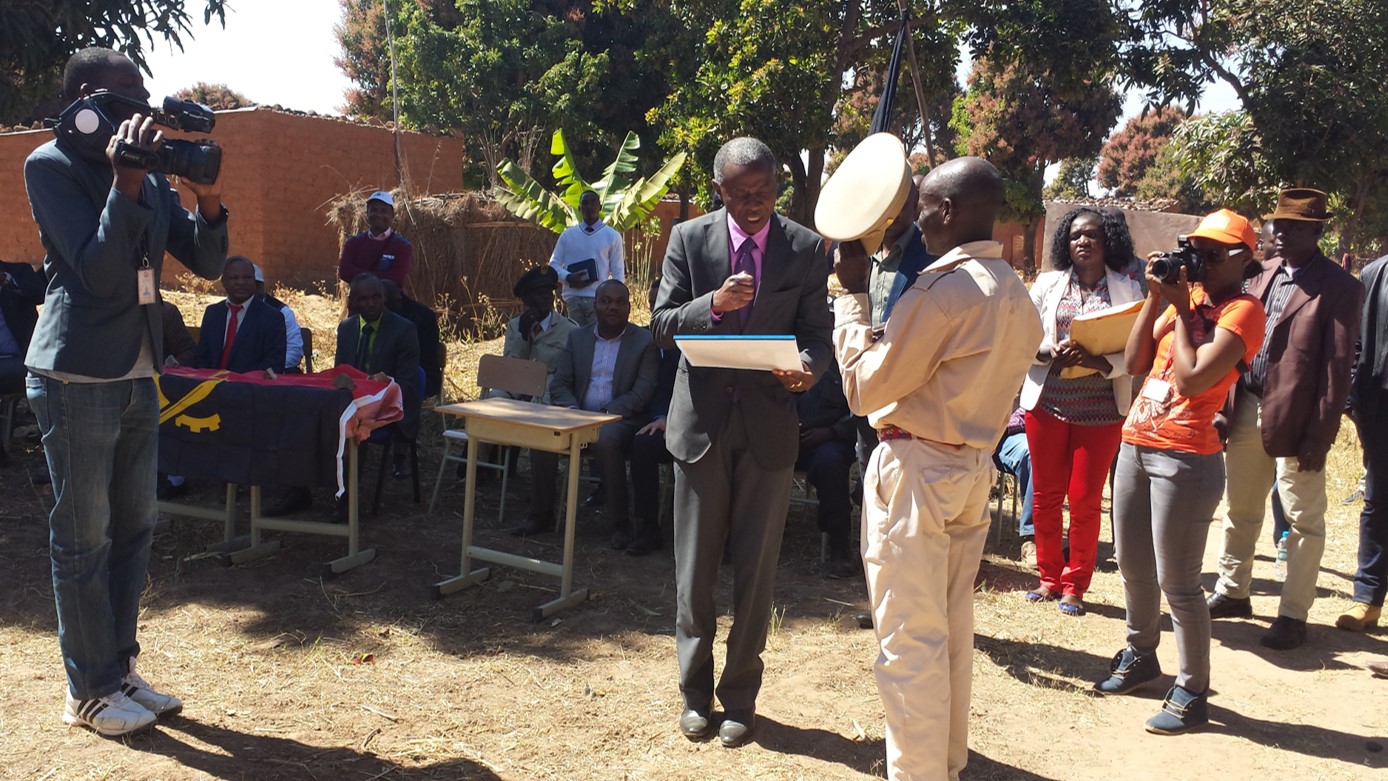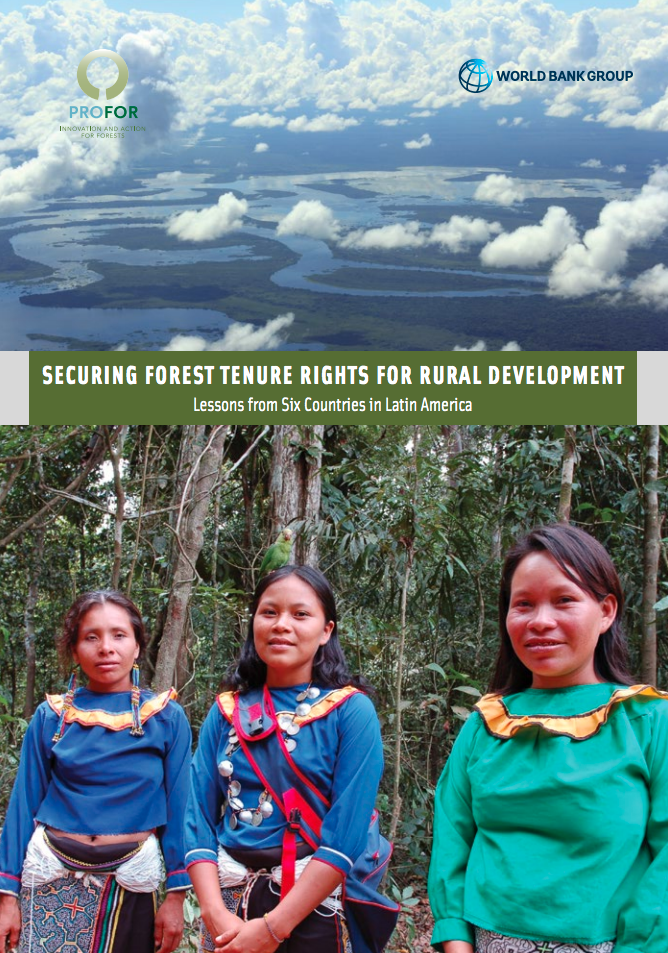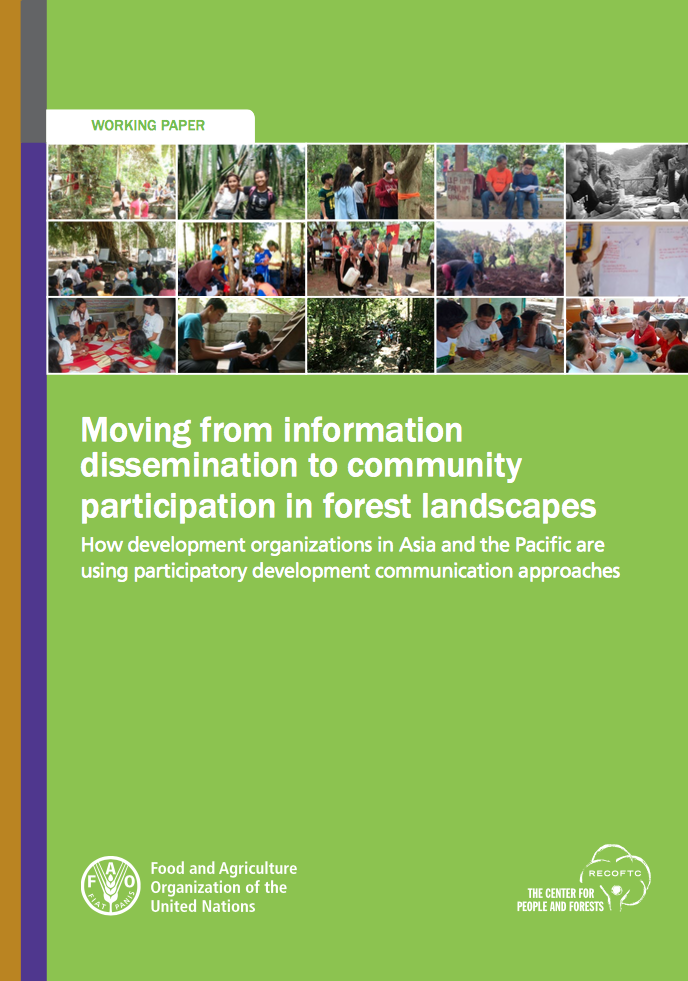The analysis on the change of farming lands in the territory of middle Lithuania
Land means the basic part of the natural environment, the basic instrument of human life, activity and immovable property, which is being disposed of in the process of land relation. Land should be used when coordinating private and public interests as well as environment protection requirements.
Categorising farming practices to design sustainable land-use management in mountain areas
In European mountain areas, shrub encroachment resulting from farmland abandonment is most often managed by mechanical operations such as roller chopping or controlled burning, which have proved to be ineffective and unsustainable. Recent agroecological findings highlight the potential impact of grazing on long-term shrub dynamics. We thus explored the potential contribution of livestock farms to the management of shrub encroachment.
The recognition of the customary land rights: lessons from the Province of Bié in Angola
Effective recognition of customary land rights is still a challenge in Angola, as in many other African countries. Despite customary land rights of the traditional rural communities are expressly recognized in the 2004 National Land Law, very few communities in Angola have been able to register their land. In the Province of Bié, in Angola central highlands, only five customary collective land titles (called Dominio Util Consuetudinario) had been issued within the period 2004-2015.
Securing Forest Tenure Rights for Rural Development: Lessons from Six Countries in Latin America
Secure land tenure in rural landscapes is widely recognized as an essential foundation for achieving a range of economic development goals. However, forest areas in low and middle-income countries face particular challenges in strengthening the security of land and resource tenure. Forest peoples are often among the poorest and most politically marginalized communities in their national contexts, and their tenure systems are often based on customary, collective rights that have insufficient formal legal protection.
Guide for grassroots movements on tenure bottom-up accountability
The purpose of the guide is to provide practical information to rural communities that they can use in framing and devising collective action and engagement strategies to strengthen their tenure of land, fisheries and forest and bring about bottom-up accountability.
Relationship between Large-Scale Agricultural Investors and Local Communities
Key points:
Moving from information dissemination to community participation in forest landscapes
Traditionally, in the context of environment and natural resources management, many communication efforts have focused on the dissemination of technical information to end-users who were expected to adopt them. Development practitioners were trying to ‘push’ their products on communities in order to receive community commitment to their development initiatives.
Northern Cape Rural Development Strategy Papers
Strategy Paper 1: Reflecting on practice – Lessons from international and South
African experiences of rural development.
Strategy Paper 2: The rural development context in the Northern Cape
Strategy Paper 3: Critical success factors for rural development in the Northern Cape.
Strategy Paper 4: Draft Northern Cape Rural Development Strategy – Activities and
Outcomes
Strategy Paper 5: Draft Northern Cape Rural Development Strategy - Institutional
Options
International and local approaches to rural development
The review examines evolving ideas and approaches to rural development internationally from the 1950's to 2000s. It examines how the history of rural development in South Africa is embedded in the larger narrative of colonial land dispossession and the implementation of apartheid policies of separate development. It examines the various policy iniatives post 1994 relating to land reform, agriculture and rural development.
Land tenure conditions and the viability of irrigated rice farming
Analysis of land allocation strategies in irrigated agriculture schemes in West Africa yields lessons which can guide the design and implementation of current and forthcoming projects. Allocation of insufficient land makes the main purposes of large dam projects – to combat poverty and to increase national cereal production – more difficult to achieve. Research by the Global Water Initiative (GWI) at three dam project sites in West Africa shows that the area of land allocated per family is usually about 1 hectare (ha).






